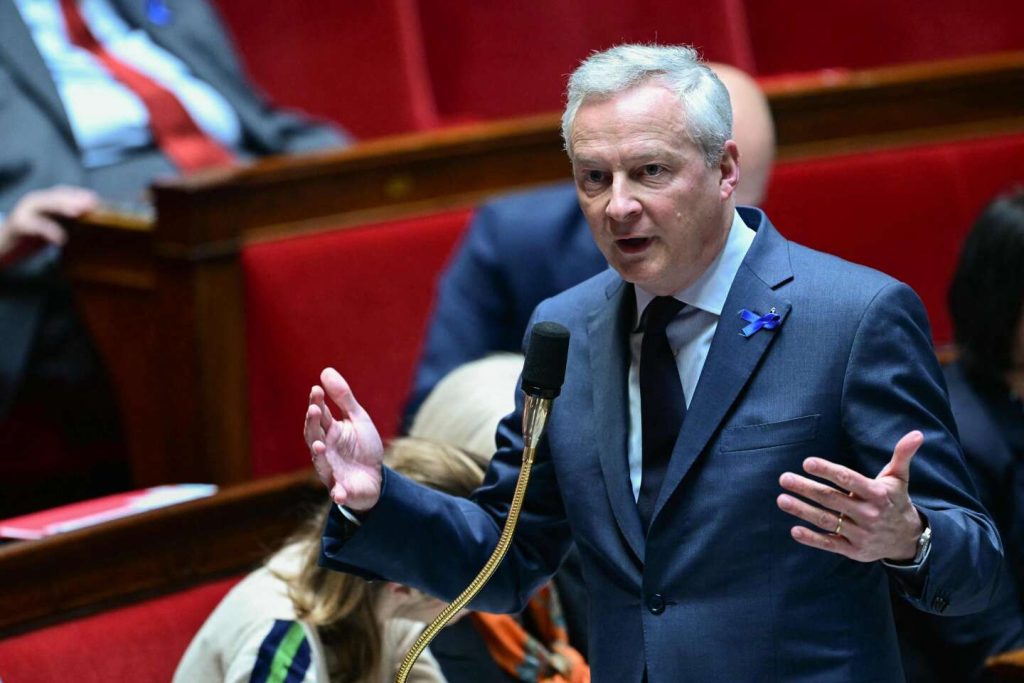The announcement at the end of March of a significantly higher than expected public deficit (5.5% of GDP in 2023, compared to the 4.9% projected in the budget law) marked the end of the “whatever it takes” approach and signaled France’s entry into a lasting budget crisis. The 10 billion euros in savings announced in February will not be enough to bridge the gap, and Bercy is already considering an additional 20 billion euros in cuts for the 2025 budget. At this stage, however, the shock is more political than financial, with the gap in financing costs between France and Germany remaining around 50 basis points.
Despite the high level of nervousness surrounding the upcoming verdict from credit rating agencies, the consequences of a potential downgrade of France’s credit rating would likely be limited. The immediate danger is not imminent. Looking ahead, three major questions arise for the coming years: the objectives to be pursued, possible redeployments, and the financing of priorities. According to economist Olivier Blanchard, France’s objective over the next five to ten years should be to eliminate the primary deficit, stabilize the public debt ratio, and avoid the risk of an explosive evolution.
In 2023, the primary deficit in France was 104 billion euros, or 3.7% of GDP. A significant portion of this figure was due to structural issues that need to be addressed. Additionally, new priorities such as defense, climate transition, education, and potentially healthcare, require an estimated 2% of GDP. In total, around 150 billion euros need to be found in the coming years to restore public finances and fund these new priorities. This represents a significant challenge that cannot be addressed solely through austerity measures.
In the short term, it is crucial to ensure fairness in the distribution of efforts to address the budget crisis. Measures such as the reform of unemployment insurance, which disproportionately affects the most vulnerable, and the refusal to consider revising taxation or temporarily adjusting the highest pensions, are seen as negative signals. Finding a sustainable solution to the budget crisis will require careful consideration of all available options and a balanced approach to ensure economic stability and social equity.
In conclusion, while the current situation presents significant challenges for the French government, it also offers an opportunity to rethink budget priorities and address structural issues in public finances. Balancing the need for fiscal discipline with the imperative of supporting economic recovery and social welfare will require innovative solutions and political courage. By engaging in constructive dialogue and making informed decisions, France can navigate this budget crisis and emerge stronger and more resilient in the long term.















